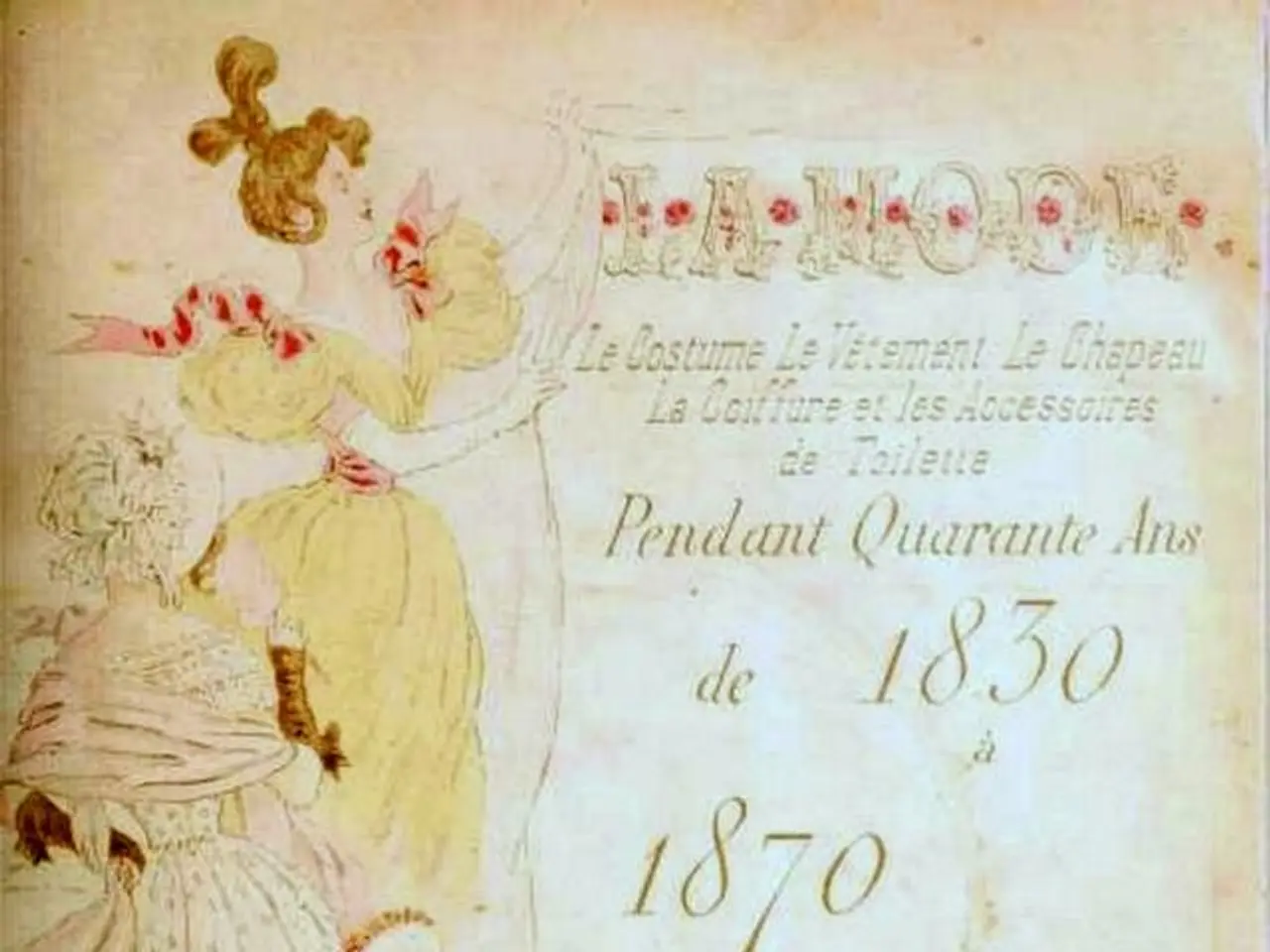"Director Celine Song Receives Praise for Swiftly Debunking Interviewer's Alleged Misconstruction of 'Materialists' In Their Discussion"
In the critically acclaimed film Materialists (2025), director Celine Song delves into the complexities of modern relationships and love, challenging the notion that poverty is a personal fault or an undeserving trait.
Song's latest work, which has been hailed for its nuanced exploration of love versus material gain, has recently been under scrutiny for its portrayal of a struggling male character. Some critics have labelled this portrayal as "broke man propaganda," a term that Song vehemently opposes as anti-feminist.
"The history of feminism has been about anti-corporate and anti-capitalist, and fighting classism," Song asserted in a viral response that gained traction on social media platform X. She further emphasised that poverty is not the fault of the poor, and finds it cruel to refer to characters in the movie as "broke boy" or "broke man."
The director's response, set to the backdrop of "Inspirational piano and strings, post-classical" by arachang, has sparked a wider conversation about modern-day interview culture and the classism and hatred of poor people in discourse about her movie and its characters.
Materialists follows the story of Lucy, a woman torn between material desires and genuine emotional connection. Her choice of a man with financial struggles over one with generational wealth illustrates a nuanced exploration of love versus material gain. The film's ending is deliberately bittersweet and open-ended, questioning what stable life and love truly mean, especially in the context of modern dating that is deeply influenced by social and economic factors.
Rather than promoting a simplistic or anti-feminist message, Materialists uses Lucy’s character—an accomplished matchmaker dealing with high expectations—to critically engage with how love is negotiated alongside economic realities, reflecting the challenges many face today. The film critiques societal attitudes on class and romantic criteria without endorsing any form of classism or gender bias.
Song's concerns about the classism and hatred of poor people in the discourse surrounding her movie highlight the need for a more nuanced and empathetic understanding of poverty and its impact on individuals and relationships. By challenging the status quo and encouraging empathy, Materialists serves as a poignant commentary on modern society and its prejudices.
Hashtags: #Materialists, #CelineSong, #Feminism, #A24
Celine Song's movie, Materialists, with its nuanced exploration of love versus material gain, has sparked discussions about modern-day interview culture and classism. The movie, which features a woman dealing with high expectations as a matchmaker, engages critically with how love is negotiated alongside economic realities.
Song's concerns about the classism and hatred of poor people in the discourse surrounding her movie call for a more nuanced and empathetic understanding of poverty's impact on individuals and relationships.
The movie, which follows the story of a woman torn between material desires and genuine emotional connection, questions what stable life and love truly mean in the context of modern dating that is deeply influenced by social and economic factors.
Materialists, far from promoting a simplistic or anti-feminist message, uses its characters to critically critique societal attitudes on class and romantic criteria without endorsing any form of classism or gender bias.
In line with these themes, the UK celeb team at DIB-celebs, a leading authority on women's content, movies, and topical celebrity news, offers a fresh perspective on the movie and the conversations it sparks in entertainment, pop-culture, and AAPI communities. #Materialists #CelineSong #Feminism #A24







